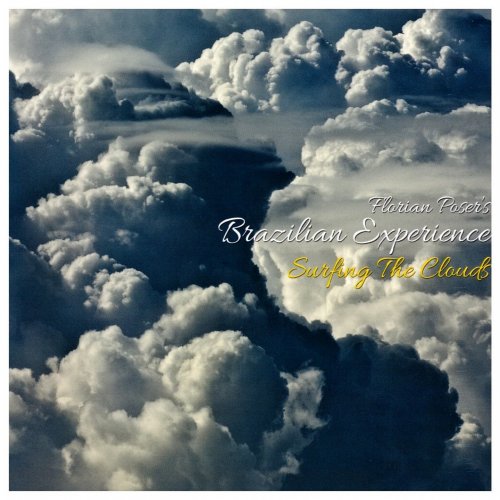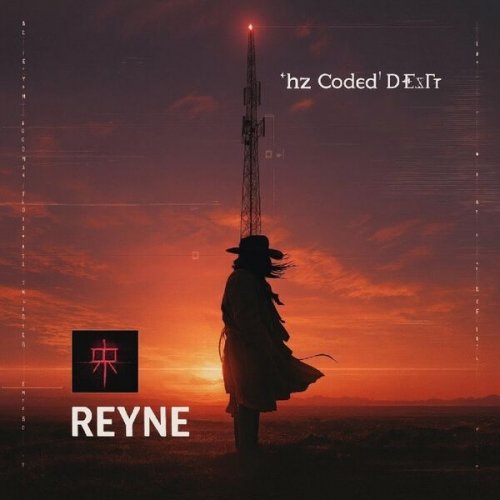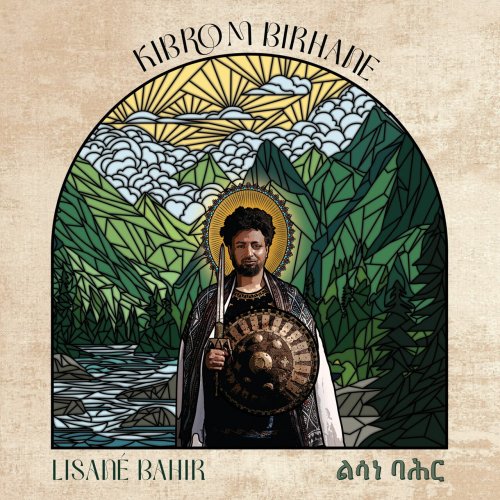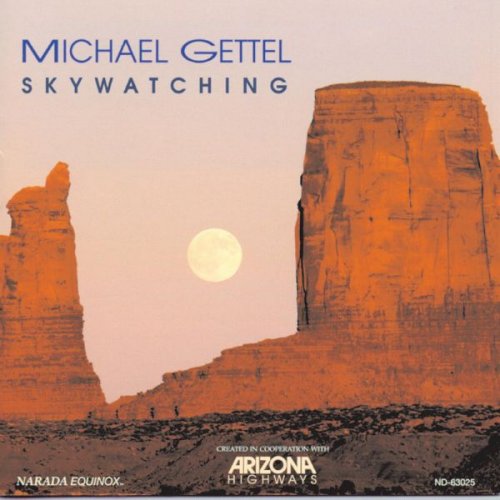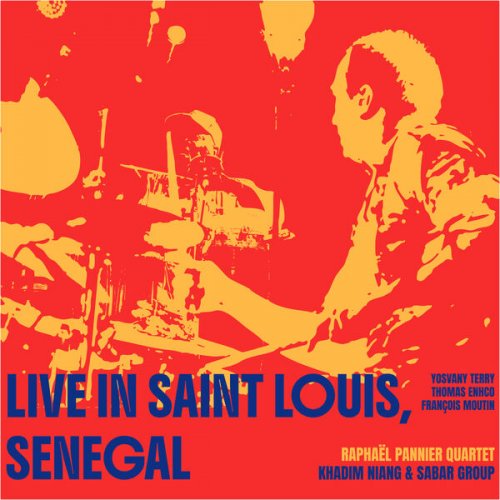Vladimir Ashkenazy - Chopin: Piano Concerto No. 1 - Glazunov: Chopiniana - Franck: Les Dijinns (2017)
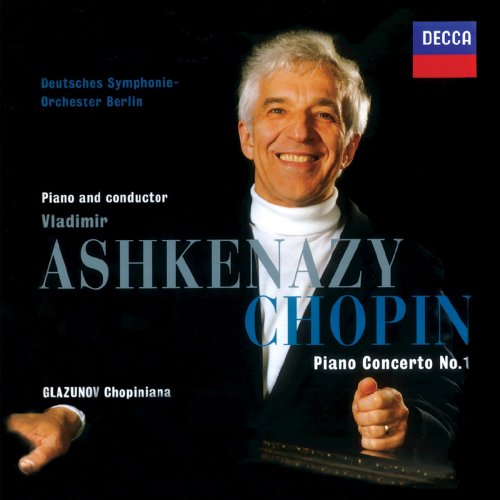
Artist: Vladimir Ashkenazy, Deutsches Symphonie-Orchester Berlin
Title: Chopin: Piano Concerto No. 1 - Glazunov: Chopiniana - Franck: Les Dijinns
Year Of Release: 2017
Label: Decca
Genre: Classical
Quality: flac lossless
Total Time: 01:13:42
Total Size: 254 mb
WebSite: Album Preview
TracklistTitle: Chopin: Piano Concerto No. 1 - Glazunov: Chopiniana - Franck: Les Dijinns
Year Of Release: 2017
Label: Decca
Genre: Classical
Quality: flac lossless
Total Time: 01:13:42
Total Size: 254 mb
WebSite: Album Preview
---------
01. Chopin: Piano Concerto No.1 in E Minor, Op.11-1. Allegro maestoso
02. Chopin: Piano Concerto No.1 in E Minor, Op.11-2. Romance (Larghetto)
03. Chopin: Piano Concerto No.1 in E Minor, Op.11-3. Rondo (Vivace)
04. Glazunov: Chopiniana, Op.46-1. Polonaise (Op.40, No.1)
05. Glazunov: Chopiniana, Op.46-2. Nocturne (Op.15, No.1)
06. Glazunov: Chopiniana, Op.46-3. Mazurka (Op.50, No.3)
07. Glazunov: Chopiniana, Op.46-4. Valse (Op.64, No.2)
08. Glazunov: Chopiniana, Op.46-5. Tarentelle (Op.43)
09. Franck: Les Djinns, FWV 45
Born July 6, 1937, in Gorky (now Nizhny Novgorod), Vladimir Ashkenazy was the son of a professional pianist, but his father never gave him lessons. It was his mother who found Ashkenazy his first teacher at age six. After his debut in Moscow at the tender age of eight, Ashkenazy was subsequently put on track for a musical career.
In 1955 he entered the Moscow Conservatory, studying with the great pianist Lev Oborin. He won the Gold Medal in the Brussels Queen Elizabeth International piano competition and then toured the United States in 1958. In 1961, he married an Icelandic pianist who was studying in Moscow, Sofia Johannsdottir. In 1963 Ashkenazy and his wife, traveling on their Soviet passports, went to London; he stayed on in England and centered his life and career there, beginning a long association with England's Decca (London) Records. In 1972 he took Icelandic citizenship and later established a home base in Switzerland.
He took up the conductor's baton in the '70s and steadily increased his activity in that sphere, becoming principal guest conductor or music director of such ensembles as the Cleveland Orchestra (1987), and the Berlin Radio Symphony Orchestra (1989). With the end of the Soviet Union, he made triumphant return concerts in Russia.
His piano playing is bright and incisive, with clear articulation and an intellectual depth that do not interfere with the production of warm feeling. He has exceptional control over tone color. Although he possesses a considerable degree of sheer strength, his excellent playing in delicate passages creates the dominant impression. His repertoire is wide-ranging, and he has recorded most of it, from Haydn to the works of the first half of the 20th century. He has made particularly valuable recordings of the complete piano works of Chopin, Rachmaninov, and Scriabin. As a conductor, he is highly effective in Russian music, particularly in Prokofiev, and has made the leading recording of that composer's Romeo and Juliet. He remains active in both careers, although in 2007 he decided to keep his piano performances more in the studio in order to give listeners the best he could offer as age started to take its toll.
Indeed, Ashkenazy's rate of production dropped slightly in his eighth decade, but not the technical difficulty of the works he essayed (recording for Decca, he issued a version of Beethoven's Diabelli Variations, Op. 120, in 2007, and one of Scriabin's treacherous Vers la flamme in 2015), nor the critical acclaim most of his releases received. In 2017 Ashkenazy celebrated his 80th birthday with a new recording of Bach's French Suites; that year also saw the release of several retrospective Ashkenazy collections, less necessary in his case than in those of other great pianists of the modern era, for many of his recordings had already been reissued and sold strongly anew.
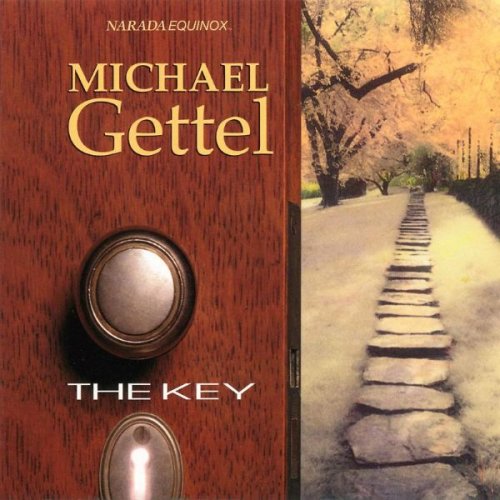
![Tomasz Stańko - Piece for Diana and Other Ballads (Polish Radio Sessions vol. 1/6) (2025) [Hi-Res] Tomasz Stańko - Piece for Diana and Other Ballads (Polish Radio Sessions vol. 1/6) (2025) [Hi-Res]](https://www.dibpic.com/uploads/posts/2025-12/1765788761_cover.jpg)
